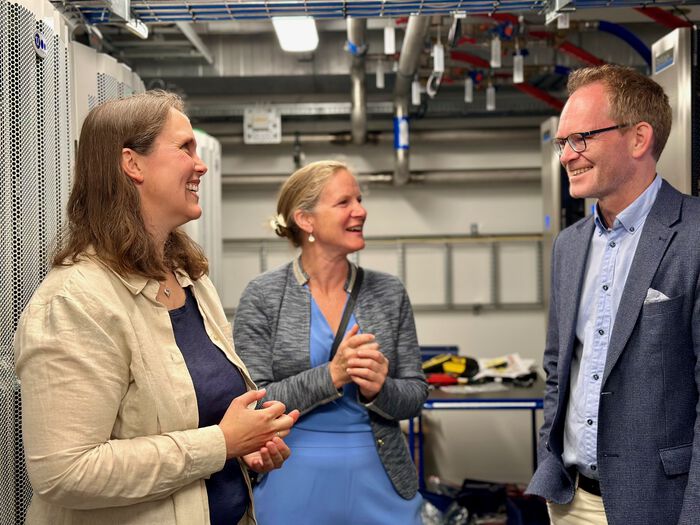Imagine yourself at a party where you do not know that many people. As you quietly head towards one of the small groups gathered in a corner, you hear someone saying "Alice knew that Jack had a little accident!". With this statement, you are now aware that Alice knew something and that something is that there is someone named Jack who had a little accident.
Now, consider an alternate scenario where the speaker says, "Alice didn't know that Jack had a little accident!" By negating the original sentence, you lose the certainty that Alice was aware of something, yet the information about Jack's little accident remains intact. In our language, certain words and structures, such as the verb 'know,' hold the power to imply the truth of what follows them. If the speaker had used a different verb, say, "Alice said that Jack had a little accident!" the certainty reduces, and what was once a fact transforms into a mere possibility.
Easy for us, not so easy for computers!
This might not seem a big deal to us, but it is not only us that deal with languages. Just as in a social setting where the choice of words like "know" or "say" matters, including these little language tricks helps computers understand what we are saying in a more natural way as well. If a computer system could identify and understand these subtleties, it holds the potential to fulfill our daily tasks more effectively. Consider another example where you read the sentence "The researchers suggested a groundbreaking finding in their study" in a scientific article. Here, YOU know that the use of the word "suggested" shows that the information is not presented as an absolute fact but rather as a perspective or a hypothesis. Now imagine if you wanted a summary of this scientific article as you do not have enough time to read all the pages. In this case, you can use a text summarization tool, such as “Elicit”, which would generate a summary of the article for you. Now, “Elicit” should be able to recognize the meaning behind the verb “suggested” and not present the sentence it follows as a fact. Otherwise, you might end up with a summary that lacks a certain degree of truth.
How can we help computers understand? Computers rely on data to learn. To develop a system capable of understanding such linguistic subtleties, it is essential to first prepare the appropriate dataset for it. This task is the focus of my research. I am collecting a dataset that contains a variety of sentences featuring various verbs such as the ones we just discussed. This dataset would then serve as the foundation of the system, improving its understanding and analysis of our language nuances.





